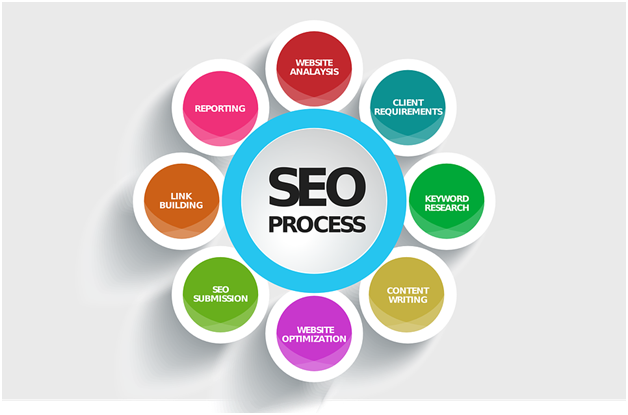Why is SEO now so vital?
Whether you want more readers, subscribers, or purchasers, the purpose of search engine optimization is to get your website ranked as high as possible by Google.

We live in a digital age and spend a lot of time online. When you have a question or want to buy something, you google it. Or at least 90% of us do. But only 5% bother to look past the first page. You could pay for ads, but 80% of people will go straight to organic listings, which are the pages that Google determines to be most relevant to the search term. So organic results are crucial, which makes SEO so important.
The first listing on page 1 will get about 20% of visitors clicking, and the top five will get 75% of all clicks, so whilst appearing on the first page is important, getting into the top five is the ultimate aim, and good SEO will help. Searchenginejounal.com says SEO is becoming more important every year, so don’t get left behind.
If you went to Google now and searched for ‘rucksacks’, you would get about 71,700,000 results! This shows how much information it is online, but out of 71,700,000 results, very few would look past the first five, so you might want to get some help from an agency to have a fair chance!
Off-page and on-page
There are two different types of SEO: 75% is off-page; this is about back and incoming links, and the other 25% is on the page – using HTML code and content to optimize the page.
The other tactics
Black hat SEO is the underhand way to quickly up your site ranking. It focuses on search engines rather than the end-user, by overusing keywords and creating irrelevant content. It breaks lots of rules but can work in the short term. However, using unethical techniques could result in the site being banned and unindexed.
White hat techniques focus on the person visiting the site, using keywords ethically. This style of SEO takes longer, but it results in long-term benefits.
SEO is a very important part of any online operation, and with online competitiveness constantly on the rise, it is something you definitely want to get right.



